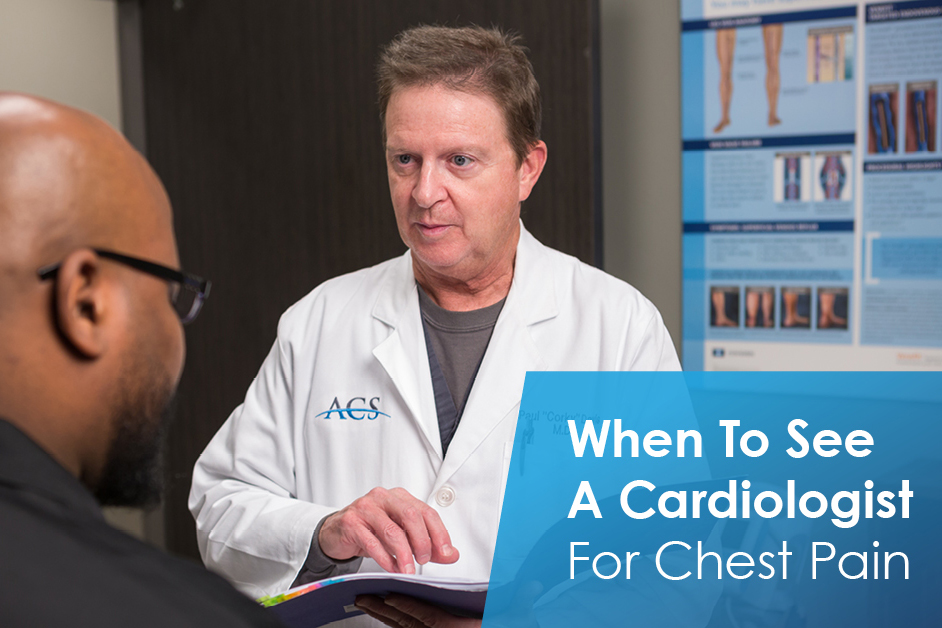Chest pain can be scary. When it occurs, many people immediately think there is a problem with their heart. There are other causes of chest pain. In many cases, chest pain turns out to be benign. However, it is not a symptom that you should ignore.
Types Of Chest Pain
Chest pain can range from mild to severe. It can be sharp or dull. It can occur in a single spot or radiate. It can also travel to surrounding areas like the back, neck, jaw and arms. It may feel like aching, tightness, burning, stabbing or even a crushing sensation.
Chest pain or discomfort can last for minutes to hours. It may come and go, or it can be a chronic pain that lasts for months. You may also find that it worsens or improves depending on your body position or whether you are exercising versus resting.
Chest pain related to the heart will often have other symptoms, such as shortness of breath, cold sweat, nausea, rapid pulse, dizziness or fatigue.
Pain that continues for a number of hours or changes when you move or breathe deeply is usually unrelated to a heart problem. Other signs that your chest pain is being caused by something else include tenderness (when the area is pressed), trouble swallowing or a sour taste in the mouth.
Causes Of Chest Pain
There are many different reasons why your chest may hurt, but seeking medical attention is the only way to find out what is causing the chest pain.
Common causes of chest pain include:
- Heart attack and heart conditions, such as aortic dissection, angina, coronary artery disease, aortic stenosis, myocarditis, heart rhythm problems and more.
- Digestive issues, such as ulcers, heartburn, gastroesophageal reflux disease (GERD), gallstones, esophagitis, gastritis and pancreatitis.
- Lung conditions, including asthma, pneumonia, pleurisy, lung disease or pulmonary embolism.
- Rib conditions like costochondritis or injuries to the ribs (fractures).
- Muscle strains or sprains.
- Hiatal hernia.
- Anxiety or panic attack.
- Shingles.
The most common cause of chest pain is GERD.
When To See A Cardiologist
If you think you are having a heart attack or if your chest pain is new or unexplained and lasts longer than five minutes with rest, call 911 for emergency medical help. If you experience chest pain that comes and goes, make an appointment with your primary care provider promptly. Your doctor will refer you to a cardiologist if needed.
At Advanced Cardiovascular Specialists, all new patients must be physician-referred unless your insurance policy offers a self-referral option. If your health insurance does include self-referral, you can make an appointment directly with us for screenings or to discuss your heart concerns.
The team at Advanced Cardiovascular Specialists consists of North Louisiana’s leading experts in cardiovascular care. For more information or to schedule an appointment, please call our office at (318) 798-9400.

